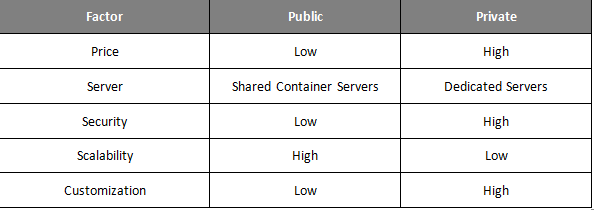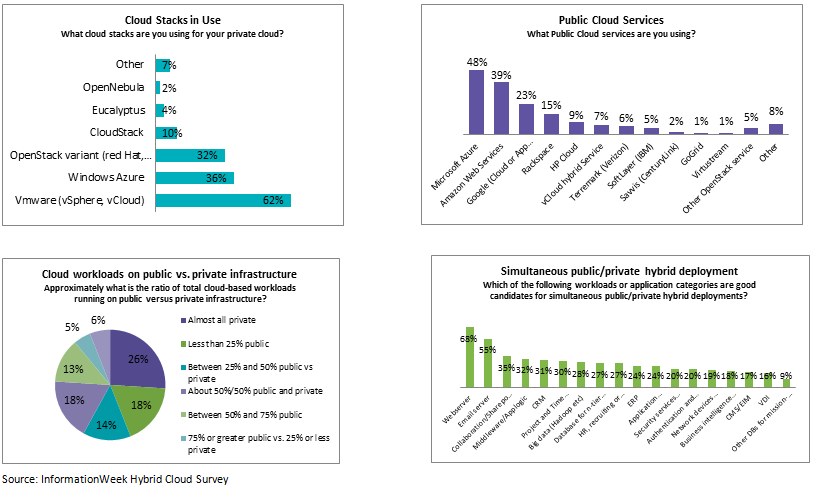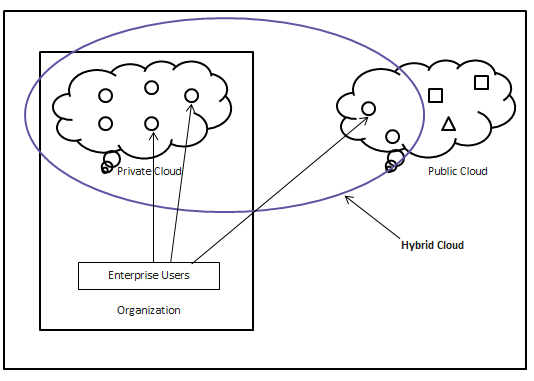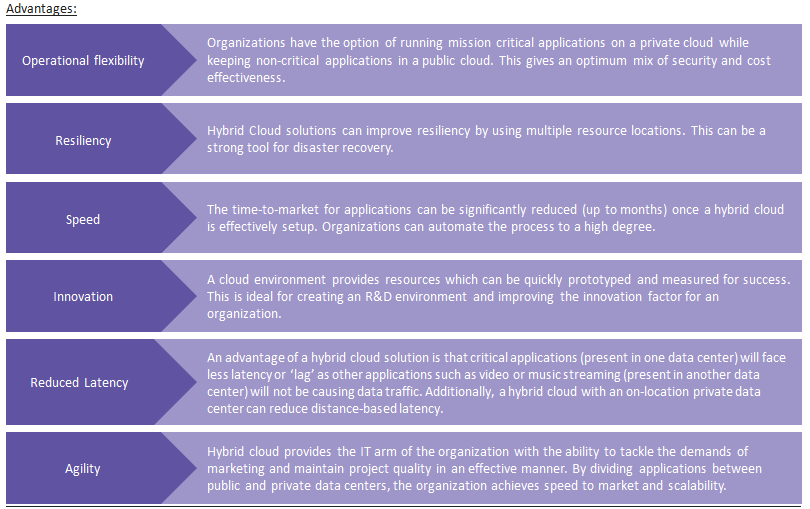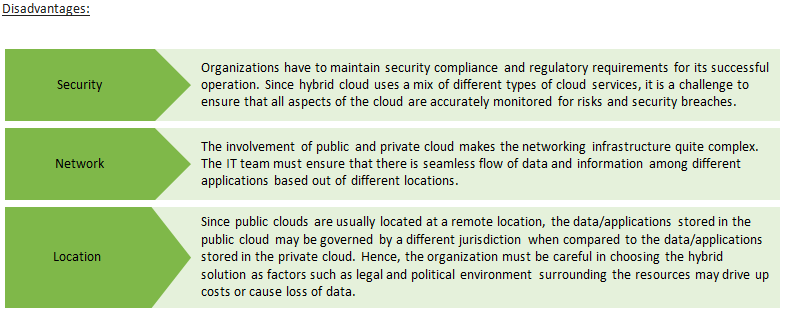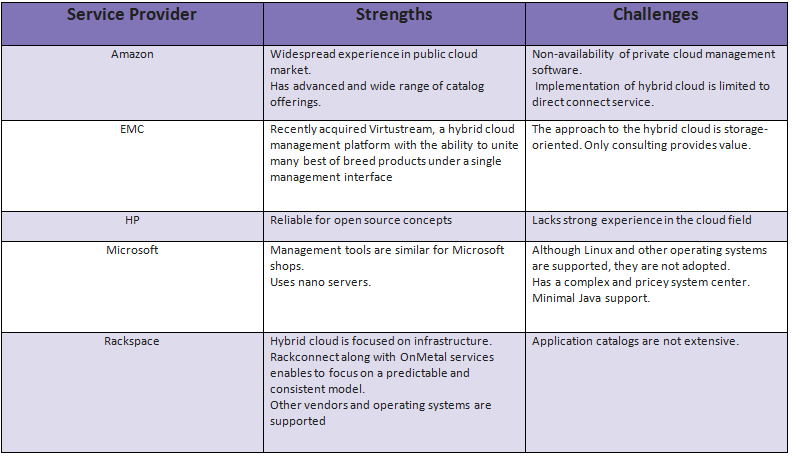
Hybrid cloud solutions provide security and cost effectiveness to firms

Abstract:
Cloud-based solutions have taken the IT industry by storm, with the IT community viewing them as the next wave of technology innovation. During the initial stages of growth of the cloud market, the two major offerings present were public and private cloud solutions. These had their own set of pros and cons. Organizations have to carefully assess the benefits and costs of the offering along with the industry environment to carry out a successful implementation.
The introduction of the hybrid cloud solution gave firms the ability to set up a combination of public and private cloud offering. Enterprises can choose the optimum mix with each cloud serving different applications and purposes.
Public vs Private Cloud
Hybrid cloud definition
Initially, the focus was on public clouds as they provided easy access to resources. However, the growing concerns around cyber-security and loss of sensitive information led to a growth in demand for dedicated private cloud offerings. But these were not able to provide the operational flexibility. This led to the rise of hybrid cloud solutions.
Hybrid clouds are simply a mix of both public and private clouds. A company can decide which application or process it wants to support through a shared public cloud and which needs to be in a secure and private data center.
Market Analysis
The hybrid cloud market is still growing, but a wide range of solution providers have converged on this opportunity. These providers come with different approaches, technology, assets, skills, relationships and capabilities. They include IT outsourcing companies, system integrators, telecom carriers, hosting specialists, hardware vendors and Infrastructure-as-a-Service (IaaS) providers.
A survey by CSC in 2015 found the following insights:
Advantages and disadvantages of hybrid cloud
Hybrid cloud providers
Source: tom’s IT PRO
Hybrid Cloud: Case Studies
Case 1: An airline company boosts IT efficiency and business resiliency
Situation:
An airline company wanted to streamline its IT sector to deliver new services faster. Its IT infrastructure needs to be reliable, cost effective, and highly adaptive so that they can invest more capital into their customer-facing products rather than data center servers.
Solution:
- The airline company worked with Microsoft to expand private cloud computing to reduce operating costs and identify effective ways to attract and retain customers.
- A hybrid approach to infrastructure gave the company two options for handling spikes in traffic. Workload with known traffic swings can be moved entirely to the cloud, where they pay only for what they use. Alternatively, the infrastructure can be used as a service to augment capacity as needed.
Case 2: An online portal creative work flourishes in Rackspace hybrid cloud
Situation:
An online portal serves as a platform for showcasing and discovering creative work. Post its acquisition by a software company, the portal went for a prodigious expansion. It needed a hybrid infrastructure that could keep pace with its rapid growth.
Solution:
- The portal leveraged the following products from Rackspace: Rackspace Hosting, RackConnect, Rackspace Cloud Servers, Rackspace Private Cloud
- The portal runs a standard LAMP stack for their application, and MySQL is supplemented by MongoDB for database services. Its hybrid architecture means that these databases can work in tandem despite running in distinct environments.
- Rackspace has allowed the portal’s team to remain small and efficient. This helps them to focus on building a great product and not focus on building infrastructure
Conclusion
- Hybrid cloud is a mix of private and public cloud solutions, and provides elasticity, robustness, self-service and economies of scale to organizations. The hybrid cloud market is estimated to grow up to $84.67 billion by 2019
- With a right solution provider and proper deployment, hybrid clouds can serve as optimal architecture for the complex IT environment of any organization. And, as recent surveys reveal, up to 50 percent of organizations across industries are planning to implement the hybrid cloud solution
Related Insights:
View All
Get more stories like this
Subscirbe for more news,updates and insights from Beroe
